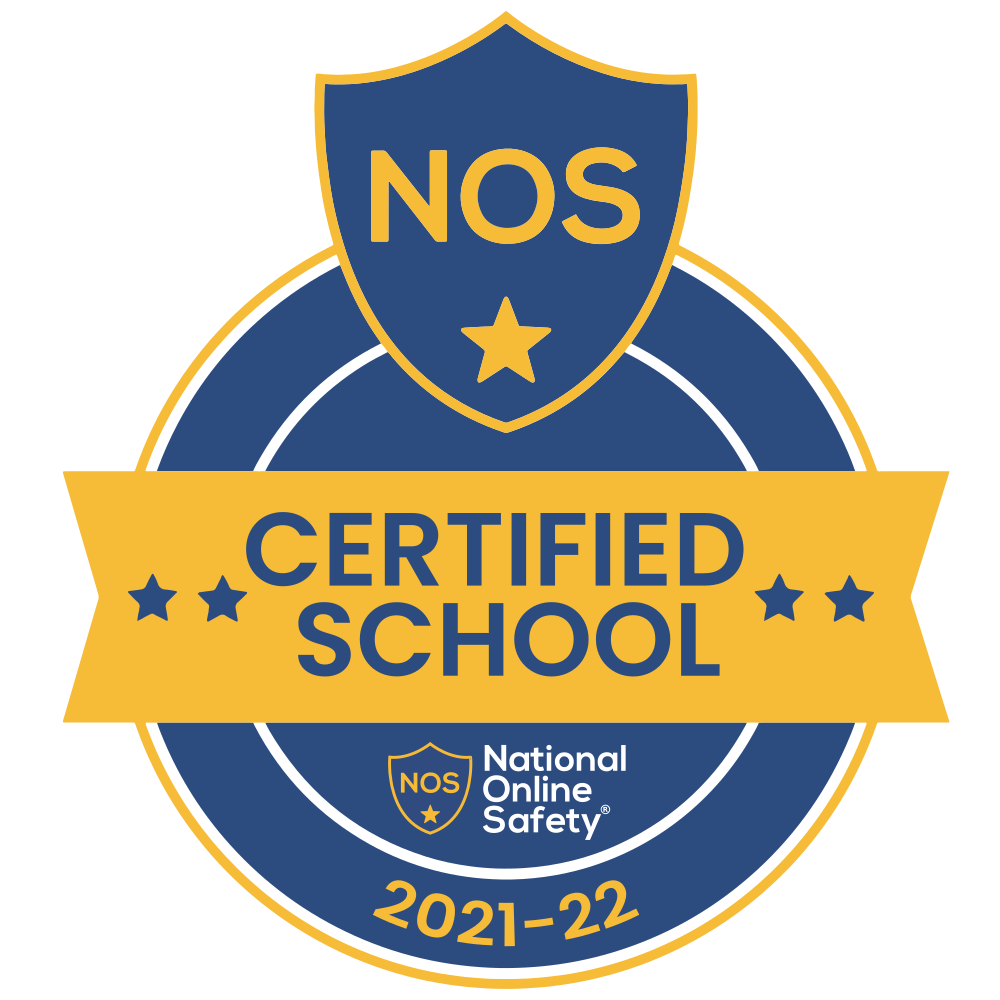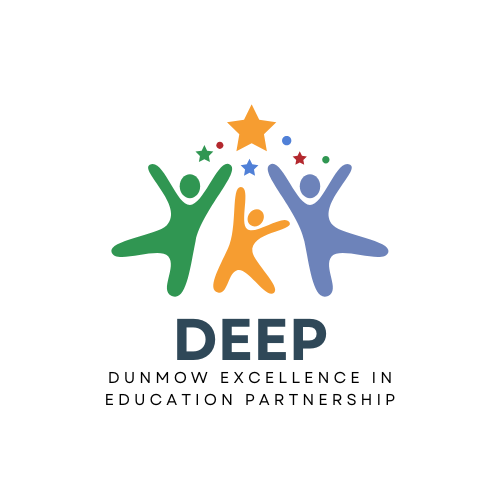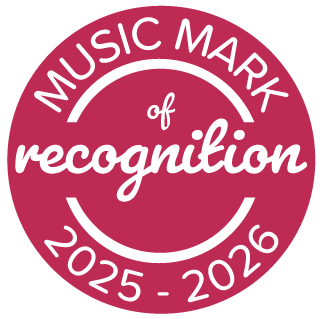Year Five
MEET THE TEAM



Nikki Gates, Alison Hutley - Kingfishers
Louise Yiu - Kookaburras
Year Five Teachers
ABOUT
Pupils continue to be taught subjects linked across our Explore, Discover and Create themes, with a growing focus on developing their competency in each subject. They are able to produce more sustained pieces of writing and to apply knowledge used in a variety of subject areas to solve problems or justify opinions. Swimming continues to be taught formally.
USEFUL DOCUMENTS
|
|
|
THIS YEAR WE ARE LEARNING
Art & Design
Painting - The Deep Blue
- Explore the work of Marc Martin
- Develop a painting from a drawing
- Carry out preliminary studies, trying out different media and materials and mixing appropriate colours
- Create imaginative work from a variety of sources e.g. observational drawing, themes, poetry, music
- Mix and match colours to create an atmosphere and light effects.
- Be able to identify primary, secondary, complementary and contrasting colours
- Work with complementary colours
Printing - Early Islamic Civilisations
- Explore a variety of patterns from early Islamic civilisations
- Create printing blocks by simplifying an initial sketchbook idea
- Use relief or impression method
- Create prints with three overlays
- Work into prints with a range of media, e.g. pens, colour pens and paints
3D - Power and Politics
- With an artist, explore 3D forms and sculpture and how they can be constructed.
- Shape, form model and construct from observation or imagination.
- Use recycled, natural and man-made materials to create sculptures
- Plan a sculpture through drawing and other preparatory work
- Produce intricate patterns and textures in a malleable media.
Computing
Computing Systems and Networks: Search Engines
- Research skills and finding accurate information
Computational Thinking: Micro:bit
- Clipping blocks together in a program and predicting what will happen while making connections with previously used programming interfaces. Children create animations, recognise inputs/outputs, choose appropriate blocks, and break programs down into smaller steps.
Computational Thinking: Programming Music
- Applying programming skills to create sounds and melodies leading to a battle of the bands performance.
Design Technology
- Food: Culture and Seasonality,
- Mechanical Systems: Pulleys and Gears
- Textiles: Using computer aided design
English
Writing
- Mystery Story
- Adventure Story
- Non-chronological Report
- Persuasive Speech
- Historical Story
- Traditional Story
- Journalistic Writing
- Explanation Text
- Fantasy Story
- Sci-fi Story
- Poetry
- Instructions
- Balanced Argument
Reading
- Prisoners of Geography
- Author Study
- The Deep Blue
- Travel & Exploration
- Other Cultures
- Christmas
- Anglo Saxons
- Out of the World
- Black History
- Early Islam/Ancient Baghdad
- Sport
- Power and Politics
- classics
- Influential People
- Refugees
- Author Study
- Similarities and Differences
.
French
- Phonics 3
- Clothes
- Do you have a pet?
- Weather
- At school
Geography
- Prisoners of Geography
- The Deep Blue (Rivers and the Water Cycle)
History
The Anglo Saxons
- Why did the Saxons invade? Push or pull?
- Where did the early Anglo-Saxons live and how do we know?
- The mystery of the empty Saxon grave?
- How did people's lives change when Christianity came to Britain, and how can we be sure?
- The Anglo-Saxons struggle against the Vikings - How did the Vikings try to take over the country, and how close did they get?
- Alfred and Guthrum: 878, the year things changed
- Alfred the Great - How great was he?
- How effective was Anglo-Saxon justice?
- Were the Saxons times really 'Dark' Ages?
Early Islamic Civilisation/Baghdad
- Why should we study early Islamic civilisations in school today?
- How was the Islamic civilisation able to spread so far, so quickly?
- What can we learn about early Islamic civilisation from the way they set up the capital in Baghdad?
- What was so special about Baghdad in its Golden Age?
- Just how amazing was daily life for rich people in Islamic cities such as Baghdad?
- Which of the early Islamic achievements has the most effect on our lives today?
Maths
Autumn Term
- Place Value
- Addition, Subtraction
- Multiplication & Division A
- Fractions A
Spring Term
- Multiplication & Division B
- Fractions B
- Decimals & Percentages
- Perimeter and Area
- Statistics
Summer Term
- Shape
- Position and Direction
- Decimals
- Negative Numbers
- Converting Units
- Volume
Music
Composition notation
- Children learn to identify the pitch and rhythm of written notes and experiment with notating their compositions, developing their understanding of staff notation.
Composition to represent the festival of colour (Holi festival)
- Exploring the associations between music, sounds and colour; composing and performing their own musical composition to represent Holi, the Hindu festival of colour that celebrates the beginning of spring and the triumph over good and evil
Blues
- Children are introduced to this famous genre of music and its history, and learn to identify the key features and mood of Blues music and its importance and purpose. They also get to grips with the 12-bar Blues and the Blues scale, and combine these to create an improvised piece with a familiar, repetitive backing.
PE
In our Year 5 PE lessons, pupils extend their understanding of games and fitness to include complex skills and tactics. Through fun, engaging activities, our pupils learn to apply more sophisticated, organised approaches to attacking and defending.
Autumn Term
- Football
- Dance
- Badminton
- Basketball
Spring Term
- Gymnastics
- Hockey
- Swimming
- Athletics
Summer Term
- Gymnastics
- OAA
- Cricket
PSHE
Why is it important to set goals?
- Learning to take greater responsibility for sleep, sun safety, healthy eating and managing feelings; setting goals and embracing failure; understanding the importance of rest and relaxation
What risks are involved with money?
- Learn to manage money, understand borrowing, be cautious online, challenge workplace stereotypes, and align interests with future careers.
How can we help in an accident and emergency?
- Learning about online safety, influence, strategies to overcome potential dangers and how to administer first aid to someone who is bleeding.
How can our choices make a difference to others and the environment?
- An introduction to the justice system; how parliament works; and the role of pressure groups; learning about rights and responsibilities, the impact of energy on the planet and contributing to the community
How do relationships change as we grow?
- Developing an understanding of families, including marriage and what to do if someone feels unsafe in their family; learning that dealing with issues can strengthen a friendship; exploring the impact of bullying and what influences a bully’s behaviour; learning to appreciate our individual positive attributes.
Puberty
- Learning about: puberty; the reproduction system; puberty help and support
R.E.
Philosophy Units
- Is believing in God reasonable?
- Why should we be good? What do the great philosophers teach about the meaning of life?
Theology Units
- What difference does the resurrection make to Christians?
- How do Hindus make sense of the world?
Human and Social Sciences Units
- How has belief in Christianity and Islam impacted on music and art through history.
Science
- Forces
- Earth and Space
- Living things and their habitats
- Animals, including humans
- Properties and changes of materials
REMINDERS









